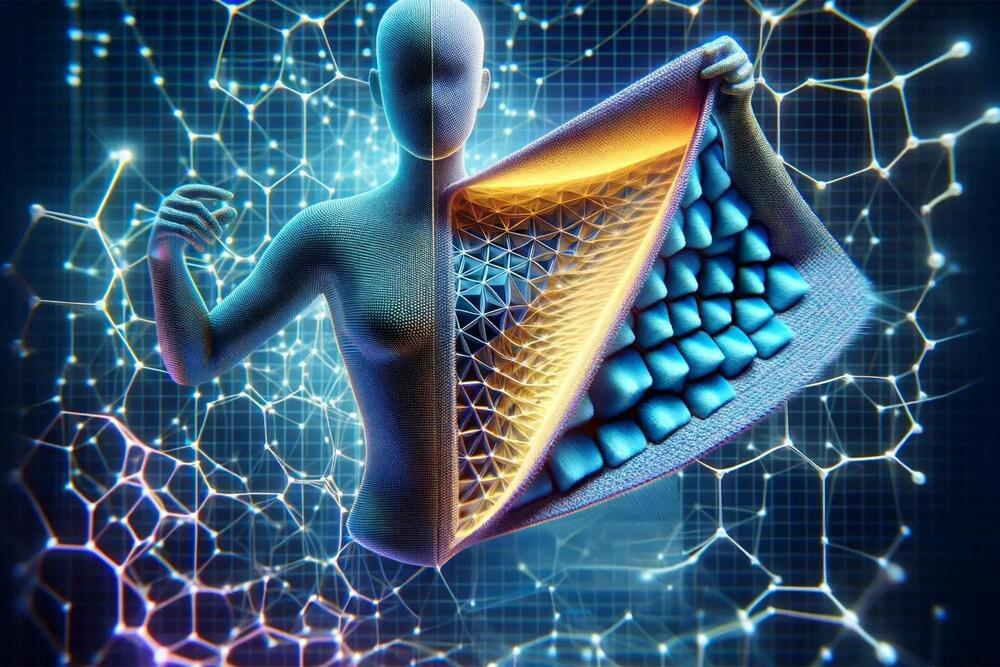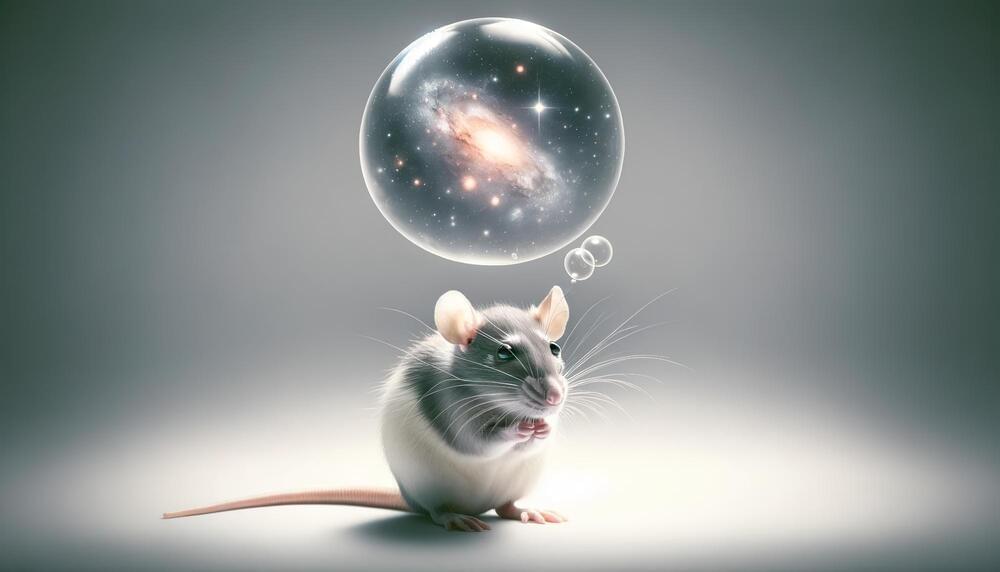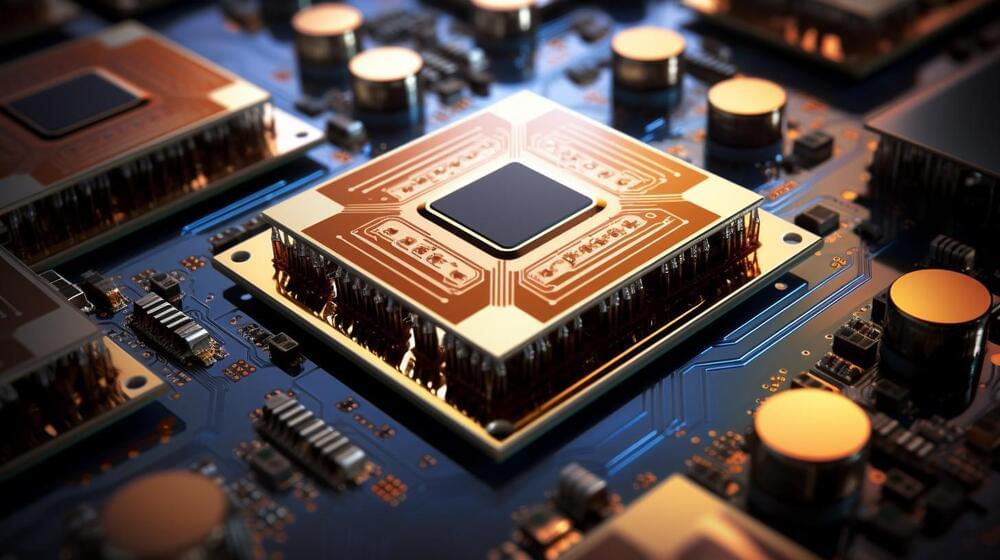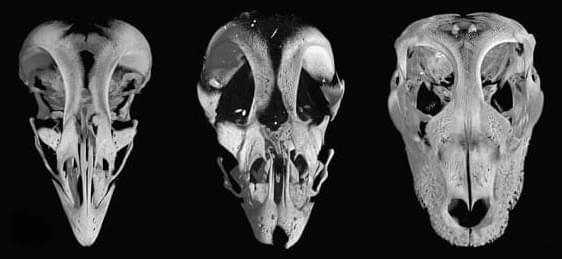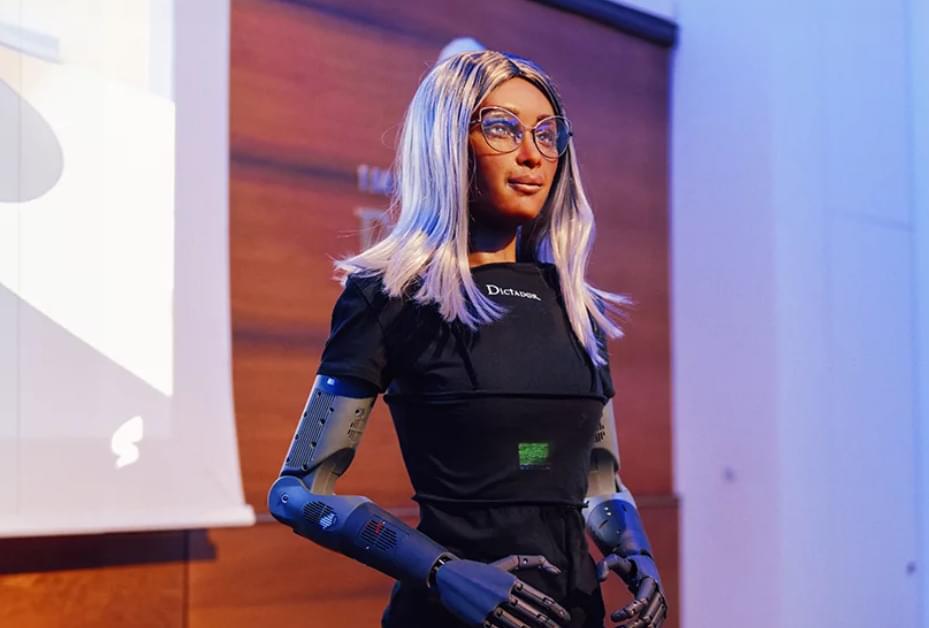A newly identified process could explain a variety of natural phenomena and enable new approaches to desalination.
Evaporation is happening all around us all the time, from the sweat cooling our bodies to the dew burning off in the morning sun. But science’s understanding of this ubiquitous process may have been missing a piece all this time.
In recent years, some researchers have been puzzled upon finding that water in their experiments, which was held in a sponge-like material known as a hydrogel, was evaporating at a higher rate than could be explained by the amount of heat, or thermal energy, that the water was receiving. And the excess has been significant — a doubling, or even a tripling or more, of the theoretical maximum rate.

